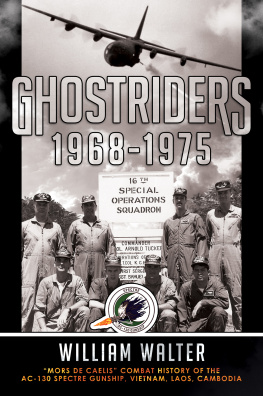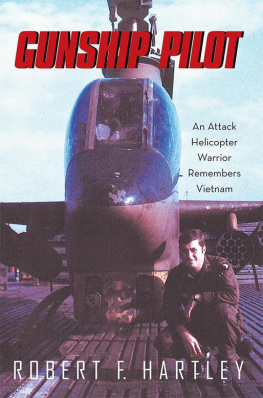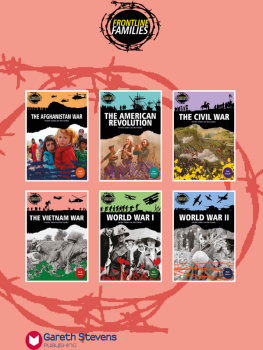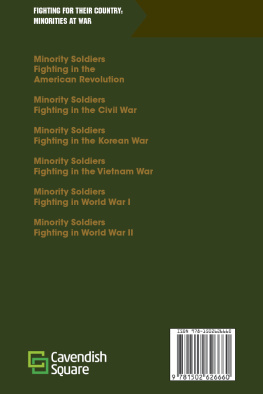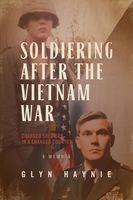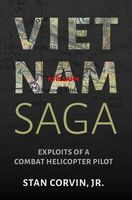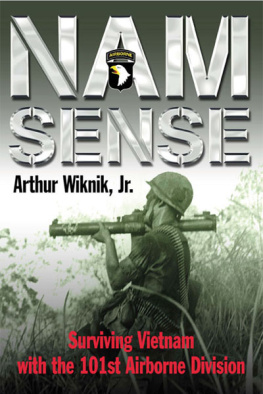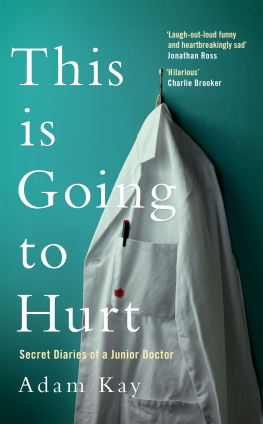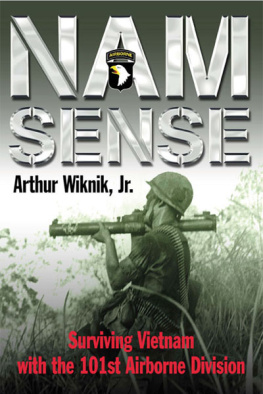2009 The University of North Carolina Press
All rights reserved
Designed by Jacquline Johnson
Set in Janson Text
by Keystone Typesetting, Inc.
Manufactured in the United States of America
The paper in this book meets the guidelines for permanence and durability of the Committee on Production Guidelines for Book Longevity of the Council on Library Resources.
The University of North Carolina Press has been a member of the Green Press Initiative since 2003.
Library of Congress Cataloging-in-Publication Data
Milam, Ron (John R.)
Not a gentlemans war : an inside view of junior officers in the
Vietnam War / by Ron Milam.
p. cm.
Includes bibliographical references and index.
ISBN 978-0-8078-3330-8 (cloth : alk. paper)
1. United States. ArmyHistoryVietnam War, 19611975.
2. United States. ArmyOfficersHistory20th century.
3. United States. ArmyMilitary lifeHistory20th
century. 4. Vietnam War, 1961-1975United States.
5. Vietnam War, 19611975Social aspects. 6. Vietnam
War, 19611975Psychological aspects. I. Title.
DS558.2.M55 2009
959.7043dc22
2009016602
13 12 11 10 09 5 4 3 2 1
Figures, Maps, and Tables
FIGURES
2.1 ROTC Enrollment
2.2 Buildup of U.S. Forces, 1965
MAPS
1 Southeast Asia, 19541975
2 South Vietnam, 19541975
TABLES
2.1 OCS Programs and Installations
3.1 Infantry Officer Candidate School Program of Instruction
3.2 Infantry Officer Candidate School Performance Evaluation Report Scale
4.1 Attrition at OCS and Reasons, 19621972
8.1 U.S. Combat Deaths by Months in Country
Acknowledgments
I want to thank several professors at the University of Houston for helping me to understand the critical elements of analysis and writing: Hannah Decker, Landon Storrs, Frank Holt, and Jim Martin, all of whom also introduced me to the joys of rigorous research. The Department of History at the University of Houston was also very generous in awarding the John O. King research fellowship in the latter phases of my writing. Thanks to Chairman Joe Pratt and Graduate Advisor Marty Melosi for the opportunity to leave campus for one semester and finish my writing.
I was fortunate to work as a teaching assistant with three professors who helped me develop my teaching style. Many thanks to Professors Tyrone Tillery, John Moretta, and Steven Mintz. Each of you has taught me invaluable lecture techniques that hopefully will help my students in the future.
I was fortunate to have met archivists who not only understood the Vietnam War but shared my passion for the subject. Vietnam veteran Rich Boylan at the National Archives, College Park, Maryland; Vietnam veteran Frank Shirer at the Center of Military History, Fort McNair, District of Columbia; and Vietnam veteran Dave Keough at the Military History Institute at Carlisle Barracks, Pennsylvania, were very accommodating, knowledgeable, and generous with their advice and time. Ericka Loze at the Donovan Research Library, U.S. Army Infantry School, Fort Benning, Georgia, allowed me access to archive rooms as if I were still a student at the school. Thank you for keeping the library open beyond normal closing hours and for the generous use of the copy machine. And thank you to the entire staff at the Lyndon Baines Johnson Presidential Library, University of Texas, Austin, for your generous support in the initial phases of my research.
The first review of my manuscript was conducted by Professors Joe Glatthaar, Robert Buzzanco, and Marty Melosi. Each of them brought their expertise to the process. As a visiting professor at West Point, Dr. Glatthaar provided a military history perspective that required me to change the focus on several sections, which improved the final product.
The recollections of the combat experiences of Vietnam veterans are a major part of this manuscript. The Vietnam Veterans National Memorial at Angel Fire, New Mexico, provided a list of contacts through the Keep in Touch program. Dr. Victor Westphall, founder, died in July 2003, and I regret not being able to share my scholarship with him. He is missed by veterans of all wars. Thank you to all of the Vietnam veterans who filled out questionnaires and submitted to hours of interviews, particularly Vernon Lovejoy, Jim Wonsick, Dave Cook, Ed Vallo, John Moore, Mike Hutton, and Bob Ryan. Sharing memories of bad times is never easy, and I appreciate your trusting my intentions and honesty.
My new employer, Texas Tech University, has provided an atmosphere conducive to research and reflection about the Vietnam War. Their reward of a Humanities Fellowship in my first year of employment made trips to archives and to Vietnam much easier. The world-renowned Vietnam Center and Vietnam Archive has embraced my scholarship and teaching in ways that I never dreamed possible. Teaching the Vietnam War to more than 600 students and accompanying several of them to Vietnam during the summers of 2006, 2007, and 2008 has sharpened my focus on Americas involvement in that war. I was moved by their responses to walking in the footsteps of American soldiers at My Lai and American marines at Khe Sanh. Many thanks to my students Natalie Swindle, John Southard, James Barber, Rosa Phifer, Beth Mora, Cameron Carter, Juan Coronado, John McPherson, Larry Gaytan, Dana Dang, and Capt. Gary Jones. Dr. Jim Reckner, executive director of the Institute for Modern Conflict, Diplomacy, and Reconciliation and a Vietnam veteran; Dr. Steve Maxner, director of the Vietnam Archive; and Khanh Cong Le have been instrumental in helping me make the transition from Vietnam veteran to Vietnam scholar. Jim Cloninger provided much needed research assistance particularly regarding photos. And my thanks to Amy Hooker, C.A. at the Vietnam Archive, who went beyond the call of duty to assist with both archival and technical support.
The University of North Carolina Press has provided excellent support throughout the publishing and marketing process. Stephanie Wenzel, project editor, and Zach Read, assistant to the editor in chief, were in continual contact and helped me meet the many necessary deadlines, and David Perry, assistant director and editor in chief, expressed confidence in my work from the beginning. Jim Willbanks and John Prados read the entire manuscript and offered critical comments that shaped my ideas and improved the final product.
This work would not have been possible without the support of my family.
My son, Alex, a doctoral candidate in organizational/industrial psychology at the University of Houston, helped me understand some of the testing models found in the literature. My daughter-in-law, Traci, provided technical support necessary for documentation production. And finally, my wife of forty-three years, Maxine: she was my chief research assistant, typist, and editor, but more importantly, my confidante and partner. The impact that she has had on my teaching and scholarship is immeasurable, and her complete support of our new academic life has made the transition remarkably easy.


